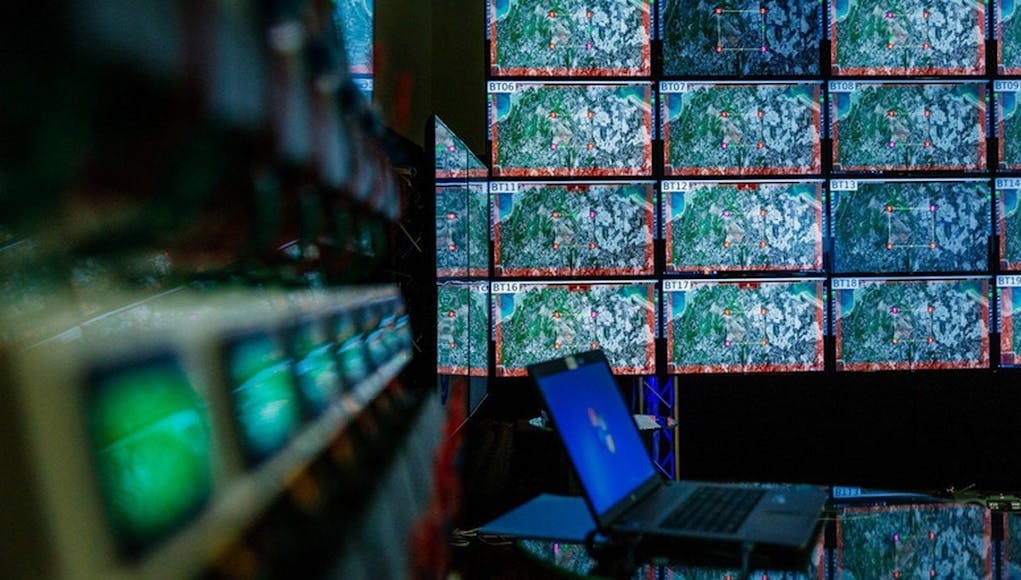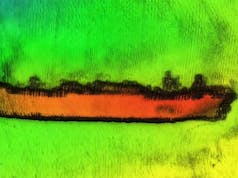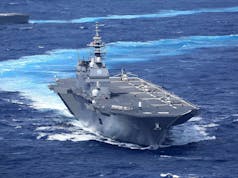Troops on the streets, a 24/7 cyber unit and a US style Department of Homeland Security – this has been an interesting couple of weeks for national security in Australia.
A week in politics can be a long time but it can also be an interesting time depending on where you sit and what policies you are interested in so if National Security is your cup of tea then this week would have been interesting for you.
Prime Minister Malcolm Turnbull has been busy bolstering his national security credentials and reassuring Australian’s that they are safe from the growing threat that terrorism poses and this week has had a few announcements so lets break these down.
Troops on the Street
After the Manchester attacks, the people of the UK saw members of their armed forces deployed on the streets under the command of the police. Whilst a flexible arrangement that frees up police to investigate a terrorist incident and prevent further attacks, its not currently a mechanism in place in Australia – until now.
The Australian Government announced that it will amend the Defence Act to allow for the use of Australian troops after a terrorist attack has occurred. This has widely been met as positive and was a recommendation of a report into the 2014 Sydney Siege where police were criticised for not requesting and utilising Australian Special Forces that were highly trained to counterterrorism responses.
The new approach will allow for state or territory police to request members of the armed forces to be deployed under the command of the police after a terrorist incident has taken place or request their use during a similar terrorist incident to that of the Sydney Siege. It has been insisted that police would remain the first responders and that the use of the military would be similar to that of the British military after Manchester. It is believed that this would further bolster the engagement between counterterrorism authorities and would also free up military assets to engage in training with state and territory police on these matters.
The announcement of this change was made at Holsworthy Barracks in Sydneys South in front of members of the press with Special Forces personnel seen in the background. The move has been seen as a common sense approach however some critics raise concerns over the potential for martial law to be declared.
24/7 Cyber Unit
A new information warfare unit within the Australian Defence Force will be created to run both offensive and defensive cyber warfare operations with the new units focus to keep pace with modern security threats as foreign powers escalate their engagement in digital forms of war.
The unit, activated on the 1st July, will pull together existing cyber capabilities from across the Defence Force and will be responsible for military cyber operations, military intelligence, joint electronic warfare, information operations and the military’s space operation with $400 million that was set aside during last year’s Defence White Paper to be used to hire cyber specialists.
The unit will also work with the Australian Signals Directorate which has been given expanded powers to target criminals overseas. The introduction of this unit is considered a response to the recent WannaCry and Petya global ransomware attacks and is changing Australia’s approach to cyber warfare.
This change and creation of this unit has been seen more of a merging of various operations under the one banner so that resources are shared and has been met with a positive response given the cost that cyber crime has on Australia.
The Australian Department of Homeland Security
The final announcement of this National Security parade and one of the more controversial announcements. The Prime Minister has vowed to bring together the domestic spy agency ASIO, the Australian Federal Police and Australian Border Force under the one banner which he has called Australia’s Home Office but others are drawing reference to the United States Department of Homeland Security that was set up after 9/11.
This means that one minister would be in charge of the domestic spy agency, commonwealth investigations, immigration and border patrolling and enforcement. For the first time Australia will have one minister that will be responsible for not only these functions but a sole minister in charge of intelligence and counter-terrorism which was previously shared among several ministers.
Prime Minister Turnbull has described the New Home Affairs Department as a federation of border and security agencies and spent time, whilst speaking with the media today, talking about the new oversight measures with this department and the continued protection of civil liberties.
Many opposition politicians and those in the media are calling this a political stunt that will not make Australian safer or change the response to terrorism but will simply sure up support for a government and provide the incoming Home Affairs Minister Peter Dutton with the political capital he needs. The opposition has stated that they are opposed to the new Home Affairs Department.
Conclusion
Its now a wait and see approach to these announced changes and whether or not the government will be able to legislate the changes. The cyber unit is already operational and won’t require a vote in Parliament, the changes to the Defence Act and the creation of the Home Affairs Department will however and whilst political parties generally tend not to differ on National Security issues, it is expected that at least the Home Affairs Department will create a vigorous debate and may have some hurdles to pass. Whether or not the government can make the case to not only the Parliament but to the Australian people remains to be seen but it looks like this interesting couple of weeks could turn into an interesting couple of months.


















